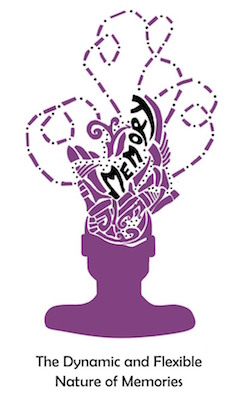|
|
|
Partners
The National Center for Scientific Research, or CNRS, is a public organization under the responsibility of the French Ministry of Education and Research. Founded in 1939 by governmental decree, the CNRS aims to evaluate and carry out all research capable of advancing knowledge and bringing social, cultural, and economic benefits for society. As the largest fundamental research organization in Europe, the CNRS carries out research in all fields of knowledge, through ten institutes. The CNRS encourages collaboration between specialists from different disciplines, in particular with universities, thus opening up new fields of inquiry to meet social and economic needs. The CNRS has developed interdisciplinary programs, which bring together several departments as well as other research institutions and industry.
Founded in 1964, the French National Institute of Health and Medical Research (Inserm) is a public scientific and technological institute which operates under the joint authority of the French Ministry of Health and French Ministry of Research. As the only French public research institute to focus entirely on human health, in 2008 Inserm took on the responsibility for the strategic, scientific and operational coordination of biomedical research. This key role as coordinator comes naturally to Inserm thanks to the scientific quality of its teams and its ability to conduct translational research, from the laboratory to the patient’s bed.
Université de Lyon is the most important French University site outside the Paris region. Université de Lyon brings together in a unifying structure 11 higher education institutions and CNRS. Created in 21 March 2007, the Université de Lyon in the form of a "public scientific cooperation organization" (EPCS). This "Research and Higher Education Cluster" (PRES) then underwent a further evolution with the Act of 22 July 2014relative to Higher Education and Research, by becoming a "Community of Universities and Higher-Education Establishments" (COMUE).


